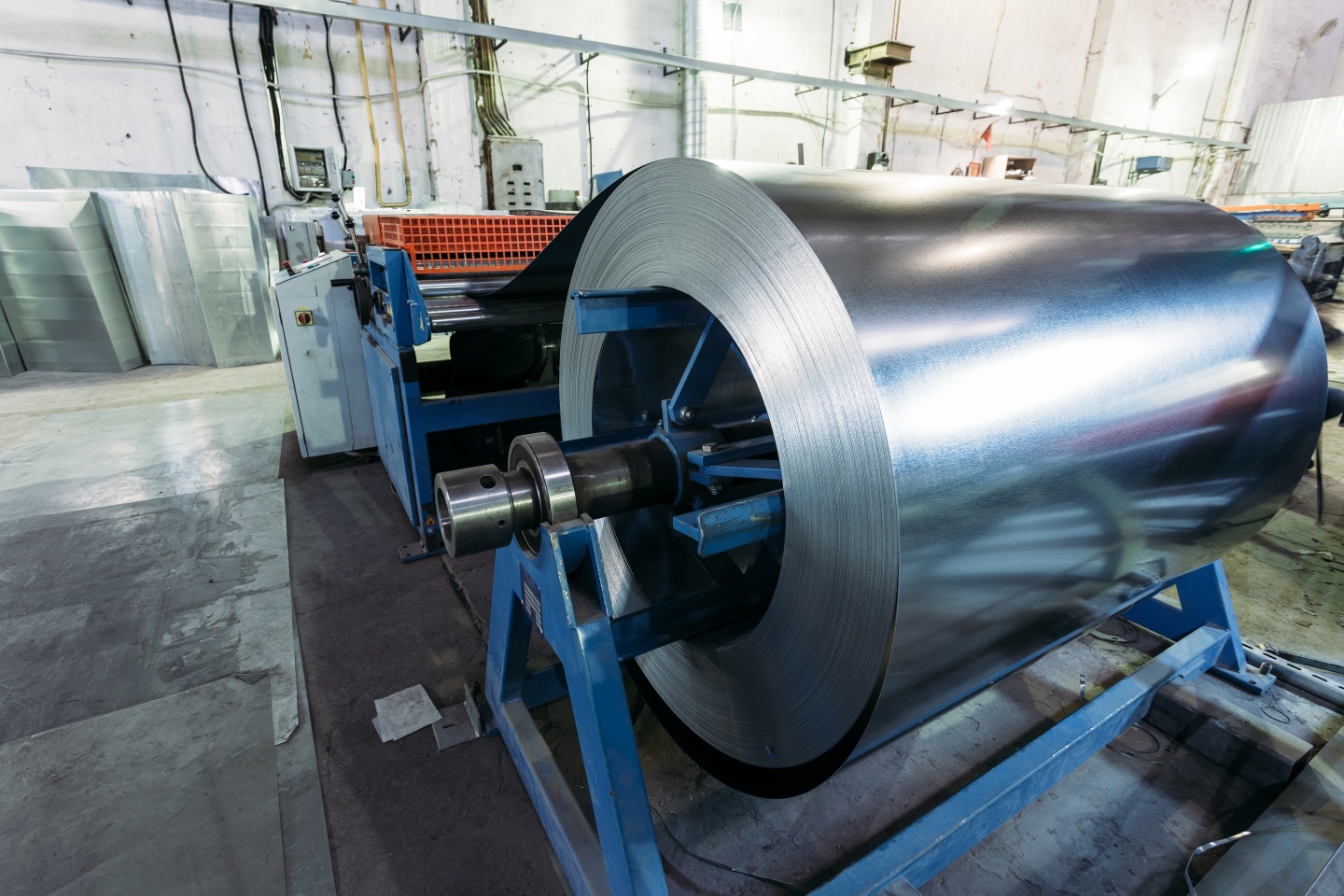Read this article in:
English
25 September, 2020Taking the floor on the first day of the 88th OECD Steel Committee, IndustriALL Global Union and the Trade Union Advisory Committee (TUAC) to the OECD, raised awareness on the risks faced by steel workers globally, who are extremely concerned with the dire situation in the steel sector.
Recent OECD analysis shows that global steel production declined in 2019, with the exception of Asia and the Middle East. The Covid-19 pandemic has marked “the steepest decline in steel demand since the global financial crisis of 2008-09”, if not in history.
In this context, the rising steel production capacity in China is of particular concern for countries worldwide. In its Latest Developments in Steelmaking Capacity 2020, the OECD included plant-level data for China, revising the country’s output for 2019 upwards by 96 million metric tons, compared to the previous estimate (September 2019).
This more than offsets the country’s declared reduction in steel output between 2016 and 2018. Rising illegal new capacity in China, as well as the increase in capacity swaps both within and outside national borders, exasperates unfair global competition that further endangers the preservation of existing jobs in many countries.
The challenge is twofold. On the one hand, it is socially useful, and hence imperative, to preserve global employment levels in the steel industry throughout the current recession. Government measures taken in the first months of the Covid-19 crisis, including strengthened short-term work schemes and social protection, played a crucial role in safeguarding jobs and incomes in many OECD countries.
Yet, unless prolonged, most of these emergency measures have sunset clauses that are close to expiration or have already expired, making it difficult to predict developments in employment levels in the short term: once a blast furnace is shut down, it is extremely likely that it will never be re-started.
TUAC and IndustriALL Global Union demanded from governments and employers to ensure that the strictest occupational health and safety standards are applied, in order for employees to continue to work during the Covid-19 pandemic.
TUAC is managing an online mapping of trade union and social partners’ agreements to safeguard jobs and ensure occupational health & safety in response to the Covid-19 crisis. The most effective way to ensure appropriate occupational health and safety measures is to fully respect and use social dialogue structures, including establishing joint health and safety committees at plant and company level.
TUAC and IndustriALL Global Union encouraged the OECD Steel Committee to delve deeper into employment-related issues in the steel sector in their future work.
This includes working with other OECD Committees, in order to analyse how the structural changes in the steel sector (production overcapacity, falling demand and the need for a green transition) impact steel workers across the globe and identifying the best policies and practices available to safeguard jobs and ensure a Just Transition when necessary.
To this end, TUAC and IndustriALL Global Union encouraged both governments and employers to sit at the table with workers’ representatives and trade unions in order to find common solutions to the global challenges that the steel sector is facing today, and the Steel Committee to make best use of social dialogue mechanisms as promoted by other OECD Committees.
IndustriALL base metals director Matthias Hartwich, said:
“We are concerned about the future of steel production outside China, that even more jobs in the global steel industry will be lost. We cannot sit still and wait.
“It is a honour to address the government and business representatives and our own 20 attendees in the OECD steel committee to raise awareness of the concerns and needs of the steelmaking men and women around the world. Steel making is essential for functioning societies and economies. Only joint forces will help to create a future for steel, for “greener” steel.
“Steelworkers are entitled to have a voice and to be heard, by governments and by companies. Today, we tried to raise that voice and make it heard in the OECD steel committee.”
